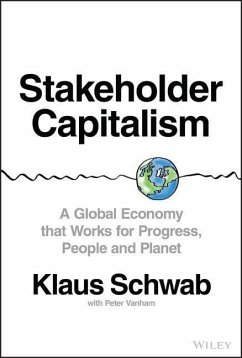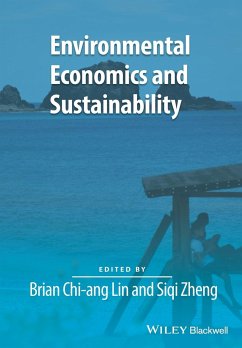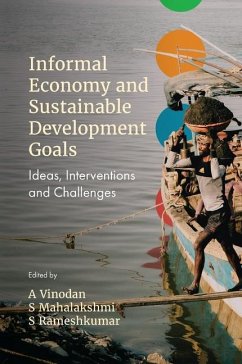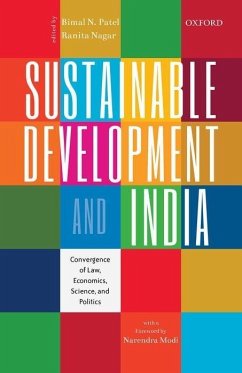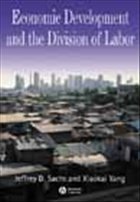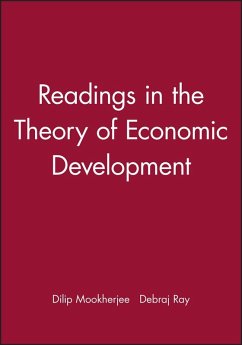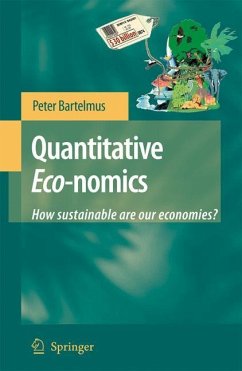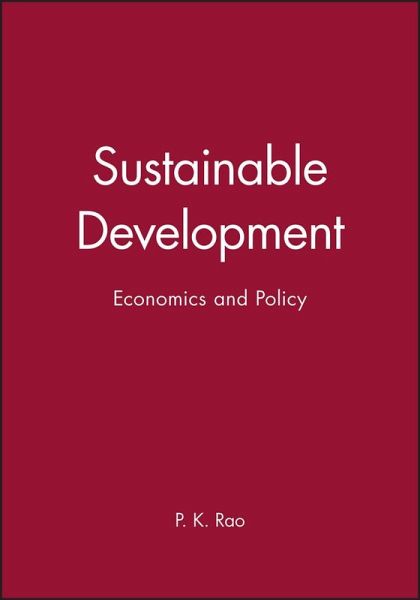
Sustainable Development
Economics and Policy
Versandkostenfrei!
Versandfertig in über 4 Wochen
180,99 €
inkl. MwSt.

PAYBACK Punkte
90 °P sammeln!
Sustainable Development: Economics and Policy applies an interdisciplinary perspective to the latest developments in economic analysis and to policies affecting the global environment and economic development. Extensive pedagogy is included to facilitate classroom use. The book advances economic theory to meet the challenges of dealing with the complexities of institutions and decision-making practices. While taking into account the latest scientific assessments in the areas of environmental science, the book also integrates the author's own research on sustainable development under changing c...
Sustainable Development: Economics and Policy applies an interdisciplinary perspective to the latest developments in economic analysis and to policies affecting the global environment and economic development. Extensive pedagogy is included to facilitate classroom use. The book advances economic theory to meet the challenges of dealing with the complexities of institutions and decision-making practices. While taking into account the latest scientific assessments in the areas of environmental science, the book also integrates the author's own research on sustainable development under changing conditions. The volume integrates ecological and institutional economics to suggest pragmatic policy frameworks and specific directions for further development. Themes include: * Debt-trade-environment linkages and environment-poverty nexus. * Environmental accounting. * Roles of private sector and international institutions. * Science and economics of global warming and global commons. * Role and limitations of Net National Product as an indicator of sustainability



